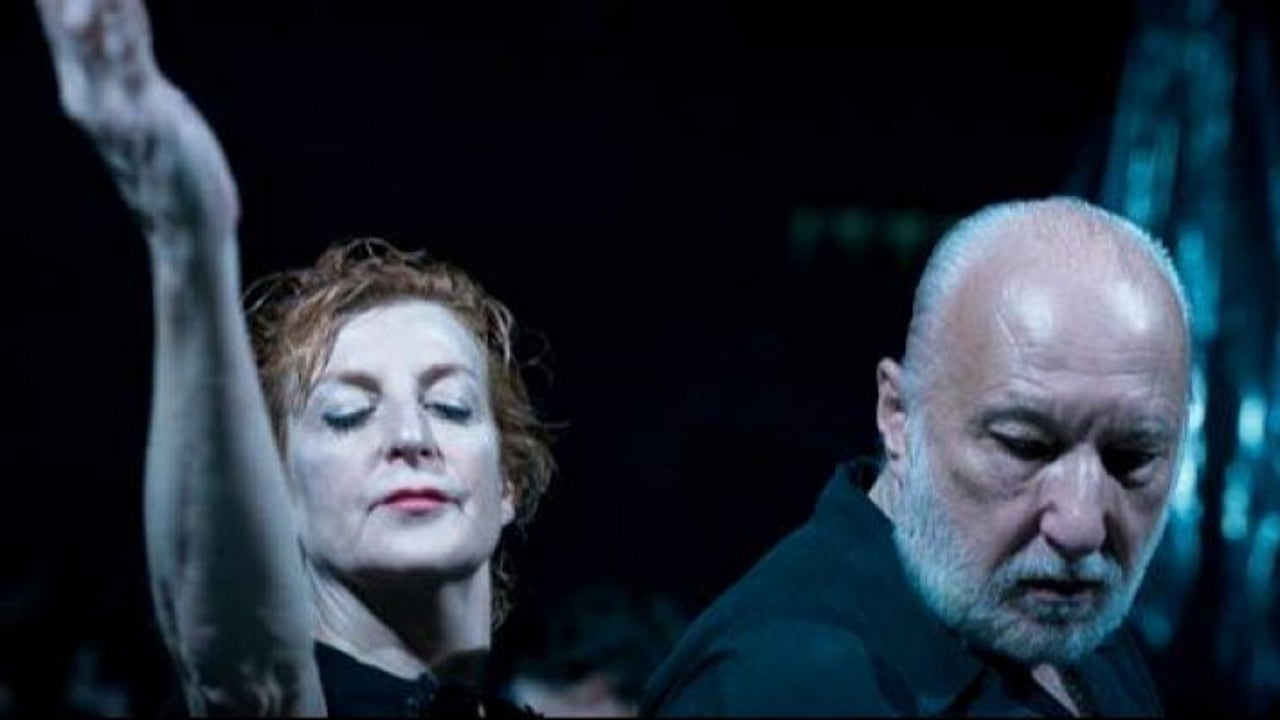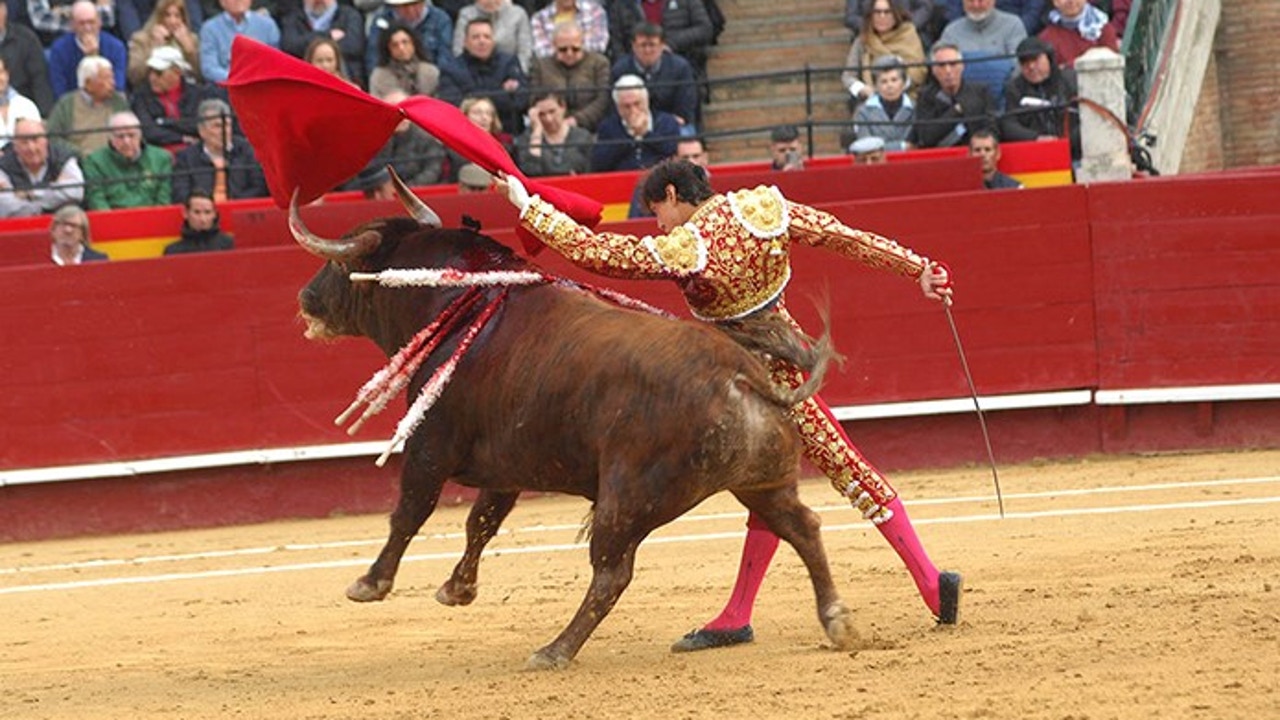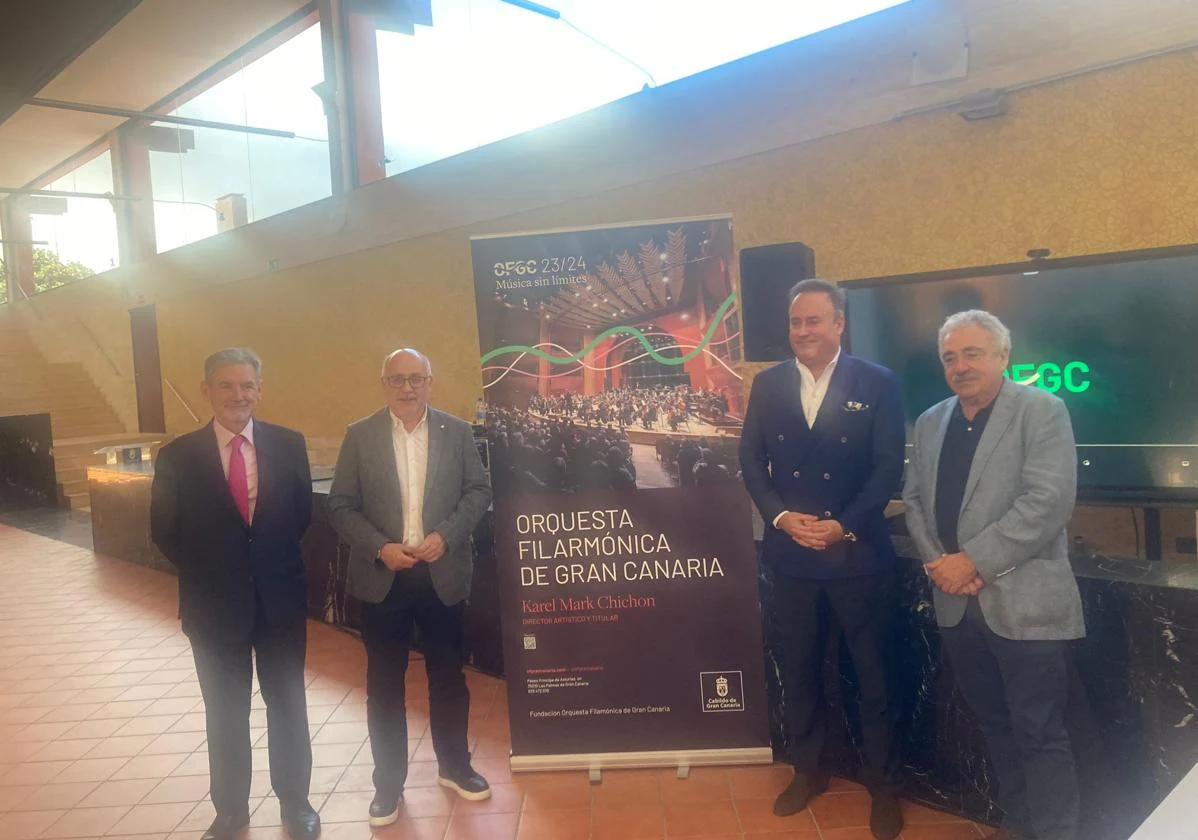"Inclusive reform of the Constitution must be political, not a matter of the RAE" | Culture


It is politics, not grammar ... It is said by various feminist experts in inclusive language. When the plenary of the Royal Spanish Academy (RAE) is about to discuss the linguistic reform of the Constitution with a more inclusive approach, from some areas ensure that it should be a parliamentary committee who address it.
When the vice president Carmen Calvo announced last July that it had commissioned the RAE a report in this regard, it did not do so with any other purpose than to know the criteria of the language experts gathered at the institution. When these are delivered after discussion, something planned for the next few weeks, the Executive will announce the measures to be taken.
Some groups also expect to be consulted before doing so. Above all, because in the RAE, more than a reform of the text, the commission in charge of studying the case, will propose only a few tweaks like the one that has advanced this Sunday THE COUNTRY referring to the distinction between king and queen for Title II of the Constitution. In the main, they will stick to the generic masculine doctrine without major changes.
For Ana Mañeru, "it is never beautiful or economic, but ugly for a woman not to be named. Feeling erased from history and the present "
Teresa Meana, philologist and expert in sexist language, says: "The right thing is not to leave it in the hands of the RAE. A reform of the Constitution should be left to a parliamentary commission, because it is a political issue, not a form. King and queen is not worth it. All the text is written in masculine and produces confusion. This topic is fundamental: what is not named, does not exist. The language was created to give light to reality. If not, it betrays its essence and that is when the language does not illuminate, but it darkens or makes up. There are thousands of issues that can be transformed. There was no judge and now it exists. Grammar is not the center of life. "
Ana Mañeru, poet, economist and head of Sabina editorial points out: "Naming in women and men women and men is not unfold or duplicate or repeat: is to name correctly with the resources that our language has and that the RAE knows, but that is skipped when it seems A woman is not a man and vice versa. " Mañero says that in 1990, from the Women's Institute, where she worked then, they created the Nombra commission (Nor ORmitas Mwomen Busca Representations TOdecuadas). "We did it, among other things, to clarify issues of this type to the RAE. But he always resisted because he guarded patriarchy with care. "
An example of that work was the feminization of academic and professional degrees issued to women by the Ministry of Education. "Thus, as of 1995 they were recognized as doctors, graduates, graduates ... several women," says Ana Mañeru. Nor are the economic language arguments used by the Royal Academy not to unfold: "It is not economic that a queen can be called a king or a woman can be called a man, because it requires additional information to know who is being talked about and the Answers, in addition to elongating the information, can be confusing and ask for new terms for these questions: Do they refer to a king who is also a queen? A man who is also a woman? "
In summary, for Mañeru, "it is never beautiful or economic, but ugly for a woman not to be named. Feeling erased from history and the present. Not being able to recognize and recognize others, by this strange rule that says include it in a masculine 'versatile', that sometimes use as if it could be generic and other times it excludes it without saying anything, reserving the masculine for the masculine ".
Eulalia Lledó, of the University of Barcelona and an expert in linguistic sexism, believes that the RAE incurs an interested contradiction by separating the king from the queen. "It turns out that if it's important, we make exceptions ... That's not worth it," he says.
The journalist and co-director of the Master's Degree in Gender and Communication Autonomous University of Barcelona Isabel Muntané insists on this contradiction - "They are accepting that the king is not a generic male, right?" - and assures that, if the reform does not go further, it is not worth for nothing: "I think a very cowardly decision. Because with king and queen all you are doing is preventing a reality that is coming. It is a lost opportunity that we already imagined. " In addition, he defends that society is on the other hand and the RAE would be turning its back on him: "We are seeing a change towards an inclusive and non-sexist language, in the media, in universities ... The reality that is what it is : that man does not mean man and woman, that is why the word woman exists ".











